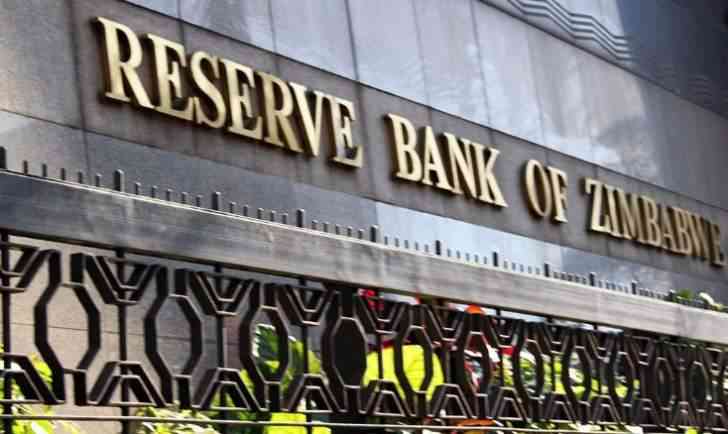
During one of ZTV’s Sunday prime time shows this week, a guest made sombre remarks about the banking sector.
It’s a rip off, she complained, explaining how companies are at the mercy of a sector that should be supporting them.
“We are working for the banks,”the ZTV’s guest, an accomplished entrepreneur, said.
“Because of high interests our profit margins are very small. The banks are becoming bigger and bigger, and we remain small. When cash flows are good, they invite you to take loans. But you must learn to quickly reinvest and stop taking more loans,” she added.
ZTV’s show aired two days after our report detailing obstacles from ruthless charges by predatory banks was published last week on Friday.
In some banks, fees and charges add up to 312 different items, ranging from 1% to 25% for US dollar and ZiG transactions.
This is far beyond the 20% policy rate, highlighting why figures like David Mnangagwa, the deputy minister of Finance, Economic Development and Investment Promotion, are uneasy about high bank charges.
History is repeating itself in this market. Banks were at the heart of economic ruin during the terrifying decade leading up to 2008, when corporate governance failures caused excruciating pain.
- Letter from America: The death of the Zimbabwe dollar shows the King has no clothes
- Winky D dominates Trevor’s In Conversation
- Letter from America: The death of the Zimbabwe dollar shows the King has no clothes
- Winky D dominates Trevor’s In Conversation
Keep Reading
Gideon Gono, the powerful central bank governor at the time, threatened action but quickly withdrew. Banking sector delinquency, clearly exposed in many of Gono’s reports, triggered the closure of numerous lenders from 2004 onward, each taking individuals’ hard-earned savings with them. Companies were caught up in the turmoil as well. The mass closure of banks over a decade ago explains why our financial system has struggled to fund vital but potentially life-changing projects.
If regulators sleep behind the wheel again, banks might turn into weapons of destruction instead of building the economy.
Already, there has been a backlash. Consumers are stampeding for the exits to avoid more agony. If banks think this critique is unwarranted, they only need to look back and see how they have been forced to camp on street corners, begging everyone to open accounts.
This phenomenon, termed ‘inclusive banking,’ demonstrates consumer fatigue with new account openings.
Consumers will continue to drift away unless the looting stops.
The advantage banks have is that central bank governors have been consumed with the challenges of introducing new currencies and defending them, seemingly paying less attention to the mayhem of interest rates and bank charges.
The Reserve Bank of Zimbabwe (RBZ) will deny this, but what explains the perpetual rip-off of customers without a finger being raised? One answer might be total ineptitude or sheer complicity.






